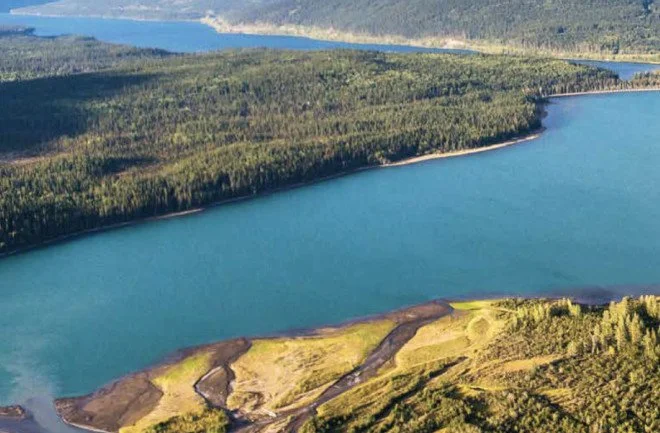“It’s not just wildlife. These are important areas for our headwaters, the drinking water that supports ourselves, our industries and our natural ecosystems,” Feagan said. It’s those waters that have the attention of officials with the Canadian Parks and Wilderness Society – Southern Alberta Chapter (CPAWS). “We want to make sure that trout populations are healthy, but we want to make sure the water itself is healthy,” said executive director Katie Morrison.
Canadian Mine Waste Is Crossing Borders and Facing International Backlash
In the bitter cold winter of 2017, British Columbia’s minister of energy and mines discovered that someone had staked a mining claim in his actual backyard. The request had come without notice or warning. If approved, it would allow the people behind it to pan for precious minerals in streambeds on his Cranbrook, B.C., property, less than 50 miles north of the U.S. border.
Columbia Basin Water Hub helps fill gaps in water knowledge
As the Columbia Basin continues to experience the impacts of climate change, there is a mounting need to share water knowledge. Water-related data is used by decision makers to understand watershed health and the sustainability of communities and natural ecosystems. “As we continue to experience climate change impacts, our water resources are put under stress, so we need to have the necessary knowledge to properly and efficiently adapt when water levels drop,” said Santiago Botero, applied innovation and technology manager for Living Lakes Canada.
Disposable face masks lead to more microplastics in waterways: Canadian study
The use of disposable face masks as a result of the COVID-19 pandemic has led to more microplastics in waterways, a recent study from Canadian researchers has found. Microplastics are tiny plastic particles that are less than 5 millimetres long and are created through the degradation of discarded plastic-containing products. These particles have been observed polluting various natural ecosystems, particularly aquatic environments.





